Essential Well Pump Supplies: Maximizing Efficiency and Longevity for Your Water System
When it comes to ensuring the optimal performance and longevity of your water system, understanding the essential well pump supplies is paramount. Properly selected and maintained supplies not only enhance the efficiency of your well pump but also contribute significantly to reducing maintenance costs and extending its lifespan. In this guide, we'll explore the crucial components and tools necessary for a well-functioning water system, from high-quality pumps and pressure tanks to essential accessories like check valves and filters. You'll gain insights into how these supplies interplay to create a reliable water delivery system, ensuring that your home or agricultural needs are met effectively. By maximizing the efficiency of your well pump through the right selection of supplies, you can achieve a sustainable and trouble-free water supply for years to come.
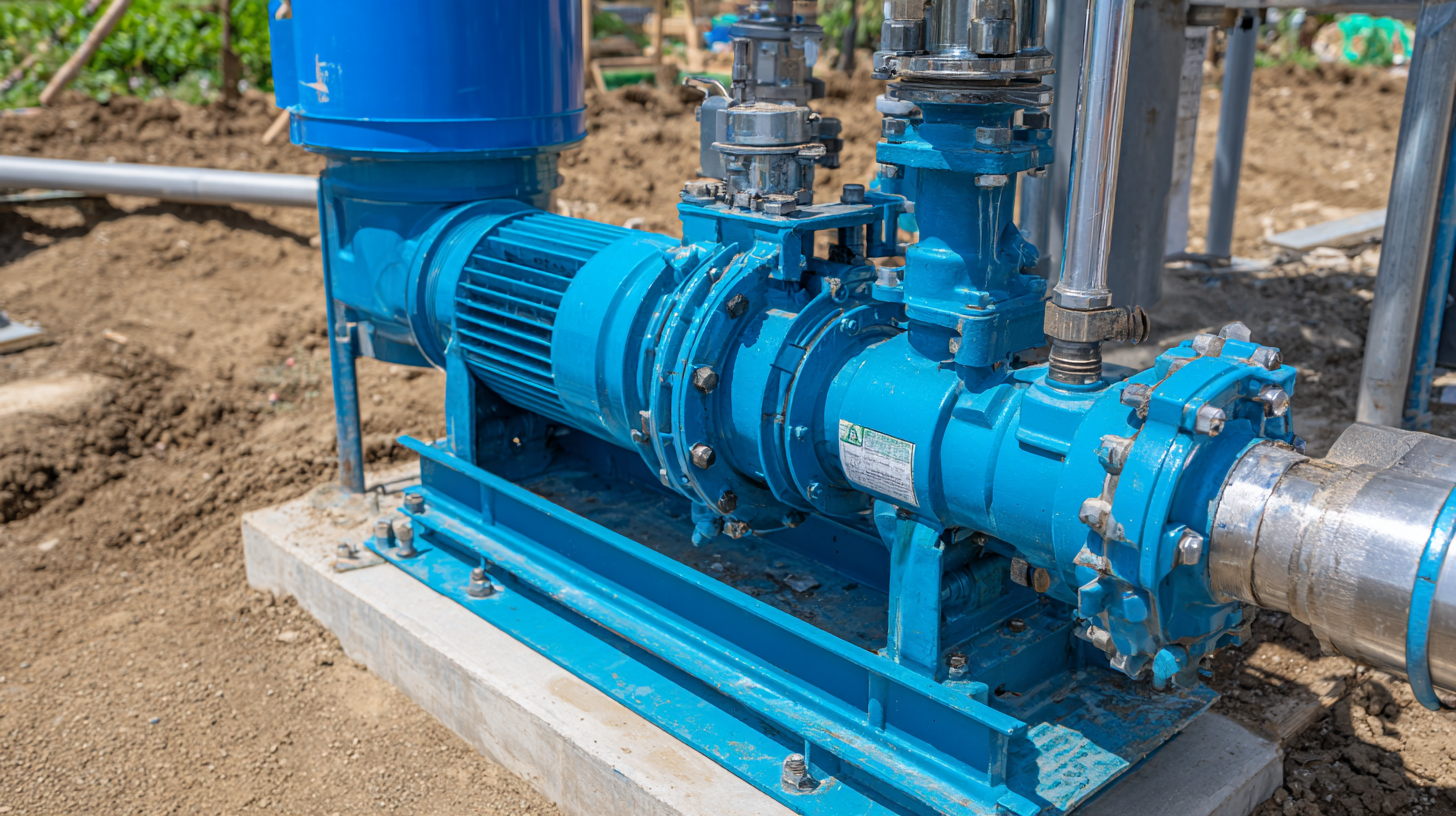
Understanding the Importance of Quality Well Pump Components for System Efficiency
Quality well pump components play a crucial role in maintaining the efficiency and longevity of any water system. Without reliable parts, even the most advanced pump can underperform, leading to increased energy costs and frequent repairs. High-quality materials resist wear and tear, enabling a well pump to operate smoothly over an extended period. For instance, a durable motor with a proper insulation rating prevents overheating, while sturdy seals and bearings minimize leaks and friction, which are common issues in subpar systems.
Moreover, understanding the specific requirements of your water system helps in selecting the right components. Tailored solutions like the right impeller design or pump sizing can enhance performance and efficiency. Investing in reputable brands and essential components, such as pressure tanks or control switches, not only maximizes the system's operational efficiency but also safeguards against water quality issues. By prioritizing quality in every aspect of your well pump setup, owners can expect a reliable, efficient, and cost-effective water supply for years to come.
Essential Well Pump Supplies: Maximizing Efficiency and Longevity for Your Water System
| Component | Importance | Material | Average Lifespan (Years) | Efficiency Impact (%) |
|---|---|---|---|---|
| Well Pump | Core component for water extraction | Stainless Steel | 10-15 | 100 |
| Pressure Tank | Maintains water pressure and flow rate | Polypropylene | 5-10 | 25 |
| Check Valve | Prevents backflow of water | Brass | 5-7 | 15 |
| Pipes and Connectors | Deliver water to the point of use | PVC | 10-20 | 10 |
| Control Box | Manages pump operation and protection | Plastic/Metal | 8-12 | 20 |
| Submersible Motor | Powers the well pump | Cast Iron | 7-12 | 30 |
| Electrical Wiring | Connects power supply to the pump | Copper | 15-20 | 5 |
Key Performance Metrics: Analyzing Pump Flow Rate and Power Consumption
When evaluating well pump performance, two critical metrics are pump flow rate and power consumption. The flow rate, measured in gallons per minute (GPM), indicates how efficiently your system distributes water. A higher flow rate means more water is delivered, which is essential for meeting household or agricultural demands. However, be mindful that too high of a flow could lead to water wastage and increased wear on the system.
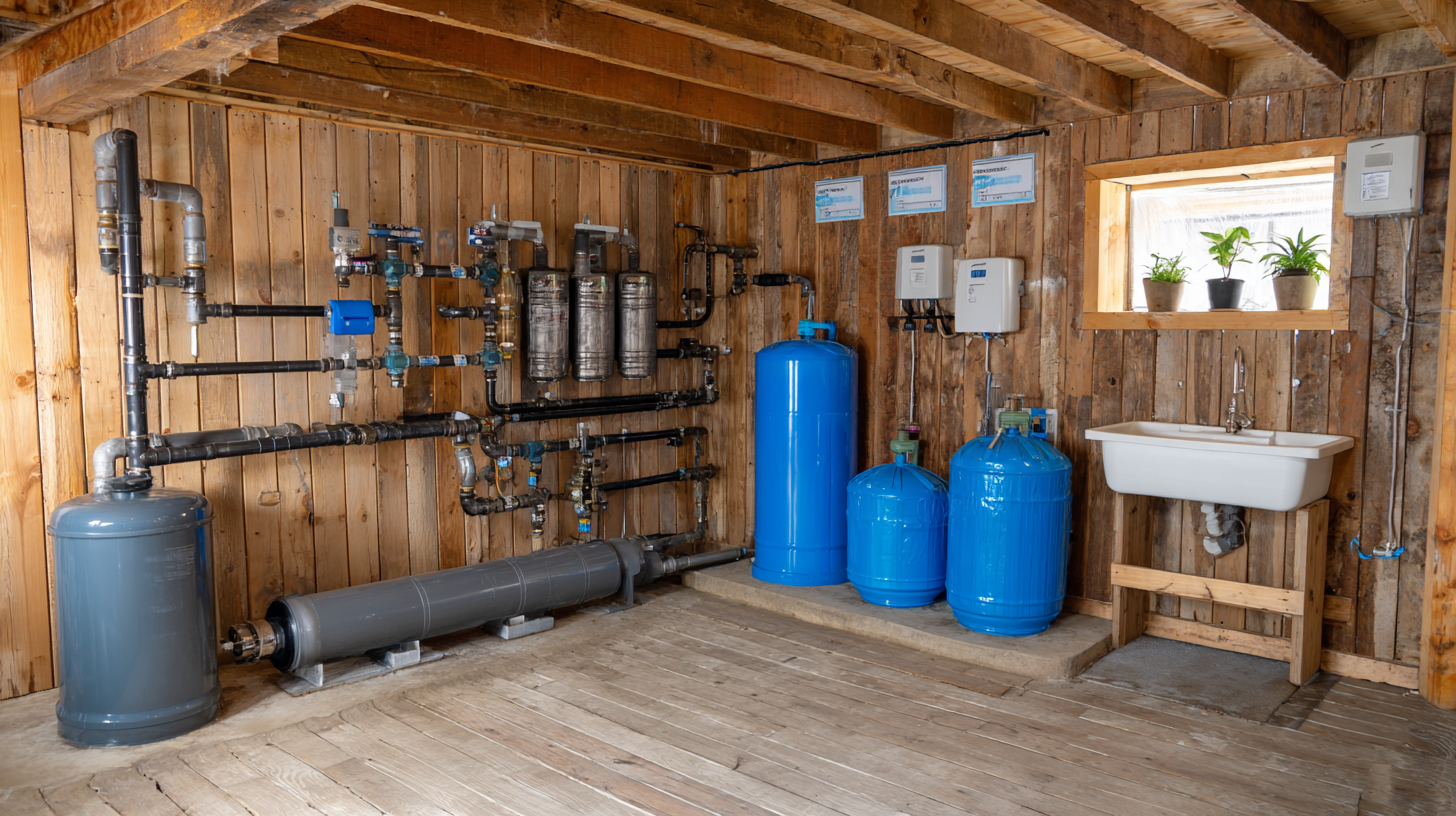
To ensure optimal performance, consider the following tips: regularly inspect your pump for signs of wear or damage, and clean filters to maintain flow efficiency. Additionally, choosing the right size pump based on your flow requirements can prevent overworking the system, leading to lower power consumption and extended life.
Power consumption directly correlates with the efficiency of your pump. Higher energy use indicates that the pump is either struggling to reach the desired flow rate or is poorly matched to the system's demands. Perform routine energy audits to track your pump's power usage and pinpoint opportunities for savings. Upgrading to energy-efficient models or incorporating variable speed drives can help reduce power costs while boosting performance.
Evaluating the Lifespan of Well Pumps: Industry Standards and Maintenance Practices
The lifespan of well pumps is a critical factor in ensuring the efficiency and reliability of water systems. Industry standards suggest that a well pump should last between 8 to 15 years, depending on the type, frequency of use, and maintenance practices. To maximize longevity, it is essential to select pumps that meet specific requirements for the given water depth and flow rate. Additionally, understanding the regional water quality can influence the choice of materials in pump construction, further impacting lifespan.
Proper maintenance practices also play a vital role in extending the life of well pumps. Regular inspections and routine servicing can identify potential issues before they escalate into costly repairs. Key maintenance tasks include checking for unusual noises, ensuring that the casing is free of corrosion, and monitoring the electrical connections for wear. By adhering to these best practices, homeowners can reduce the risk of unexpected pump failures and maintain optimal performance, thereby maximizing the investment made in their water system.
Optimal Sizing and Selection of Well Pumps to Meet Specific Water Demand
When it comes to ensuring the efficiency and longevity of your water system, optimal sizing and selection of well pumps are crucial. Selecting a well pump that precisely meets your specific water demand helps avoid the common pitfall of oversizing. An oversized pump may lead to energy inefficiency, increased wear and tear, and ultimately reduce the lifespan of the system. It's essential to evaluate your water requirements accurately, considering factors such as peak demand, frequency of use, and the total head requirements.
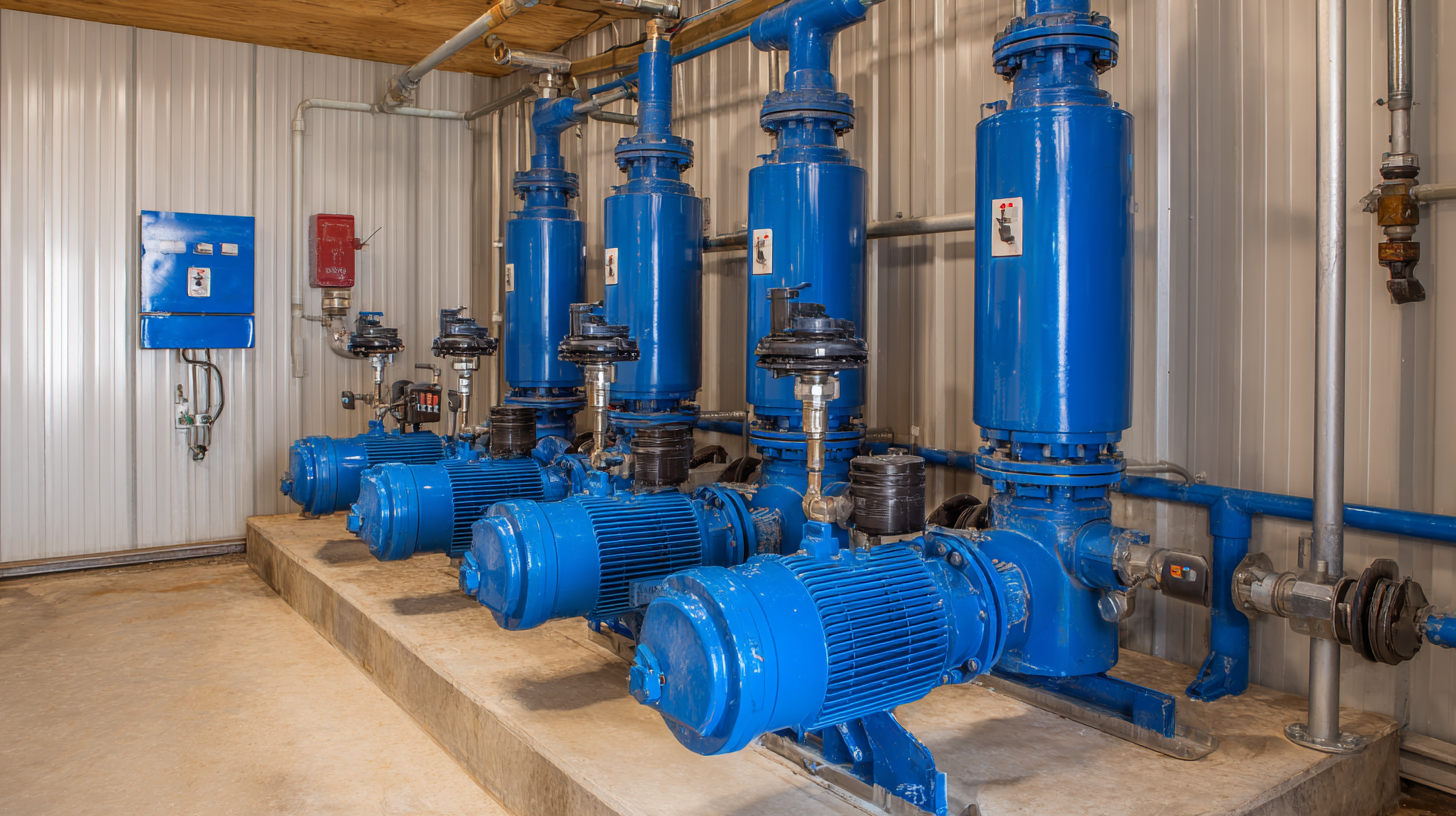
Recent advancements in tools and technologies can aid homeowners in making informed decisions about pump selection. These tools provide comprehensive data, enabling users to calculate the necessary specifications to achieve optimal performance for their water systems. Furthermore, embracing energy-efficient solutions, such as solar-powered systems, can elevate sustainability while addressing water supply needs. By focusing on proper sizing and informed selection, homeowners can maximize the efficiency and reliability of their well pumps, ensuring a steady and cost-effective water supply for years to come.
The Role of Water Quality in Pump Longevity and Operational Efficiency
When it comes to ensuring the longevity and operational efficiency of your water system, water quality plays a crucial role. Poor water quality can lead to increased wear and tear on pumps and associated equipment, resulting in frequent maintenance and replacements. In fact, the global market for solar water pumps is projected to expand significantly, from $841,150 in 2025 to $1.917 billion by 2033, showcasing a stable compound annual growth rate (CAGR) of 20.3%. This growth underscores the importance of integrating quality management systems in water systems to maximize efficiency.
Tips: Regularly testing and treating your water supply can significantly enhance the lifespan of your pumps. Maintaining optimal water quality not only reduces maintenance costs but also ensures that the systems operate at peak performance. Moreover, industries such as the dirty water submersible pump market are expected to grow from $150 million in 2022 to $280 million by 2030, with an 8.5% CAGR. This trend highlights the increasing importance of investing in robust water treatment solutions.
By addressing the factors that contribute to water quality, you can improve your water system's overall functionality. For instance, the boiler feedwater market is also on the rise, with projections indicating a growth from $120 million in 2022 to significant figures by 2030. Implementing preventive measures and upgrading infrastructure are vital steps for ensuring that your operations are efficient and sustainable.
Related Posts
-

Essential Water Well Supplies: Ensuring Sustainable Water Access with 87% Efficiency in Groundwater Usage
-

Essential Guide to Choosing the Right Water Well Supplies for Sustainable Water Management
-
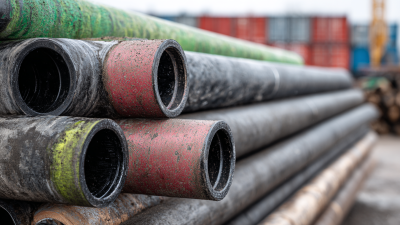
The Evolution of Plastic Pipe: Sustainable Solutions for Modern Infrastructure
-
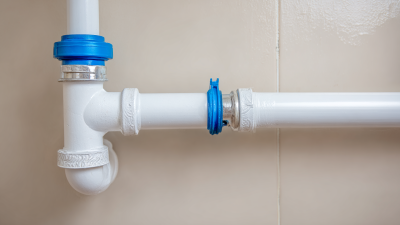
Understanding the Benefits and Applications of PVC Water Pipes in Modern Plumbing Systems
-
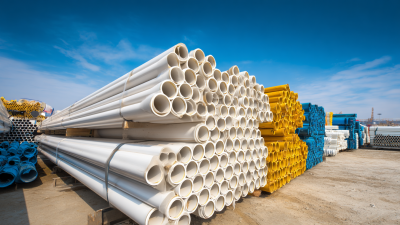
Understanding the Rapid Growth of PVC Supplies Market with Insights from Industry Trends and Data Analysis
